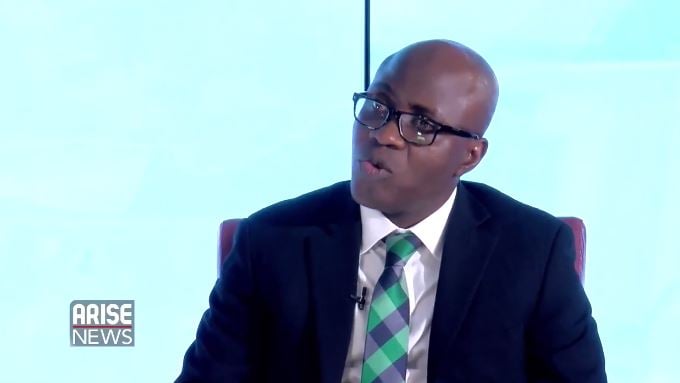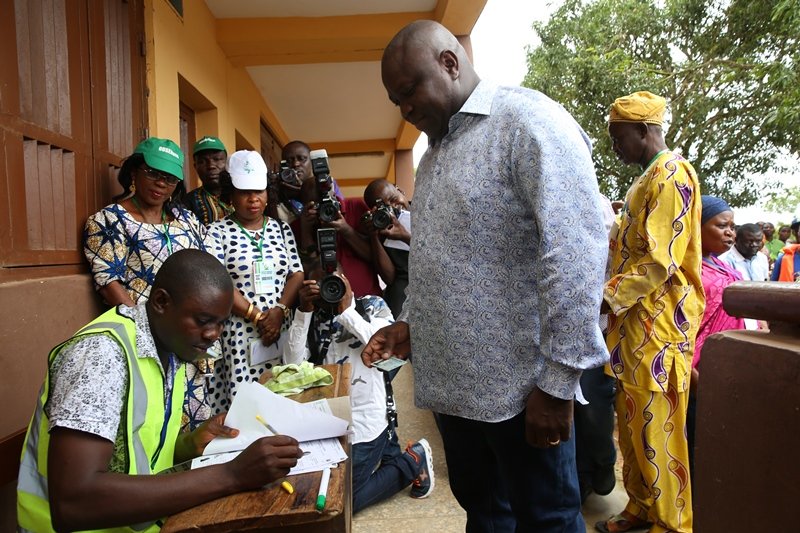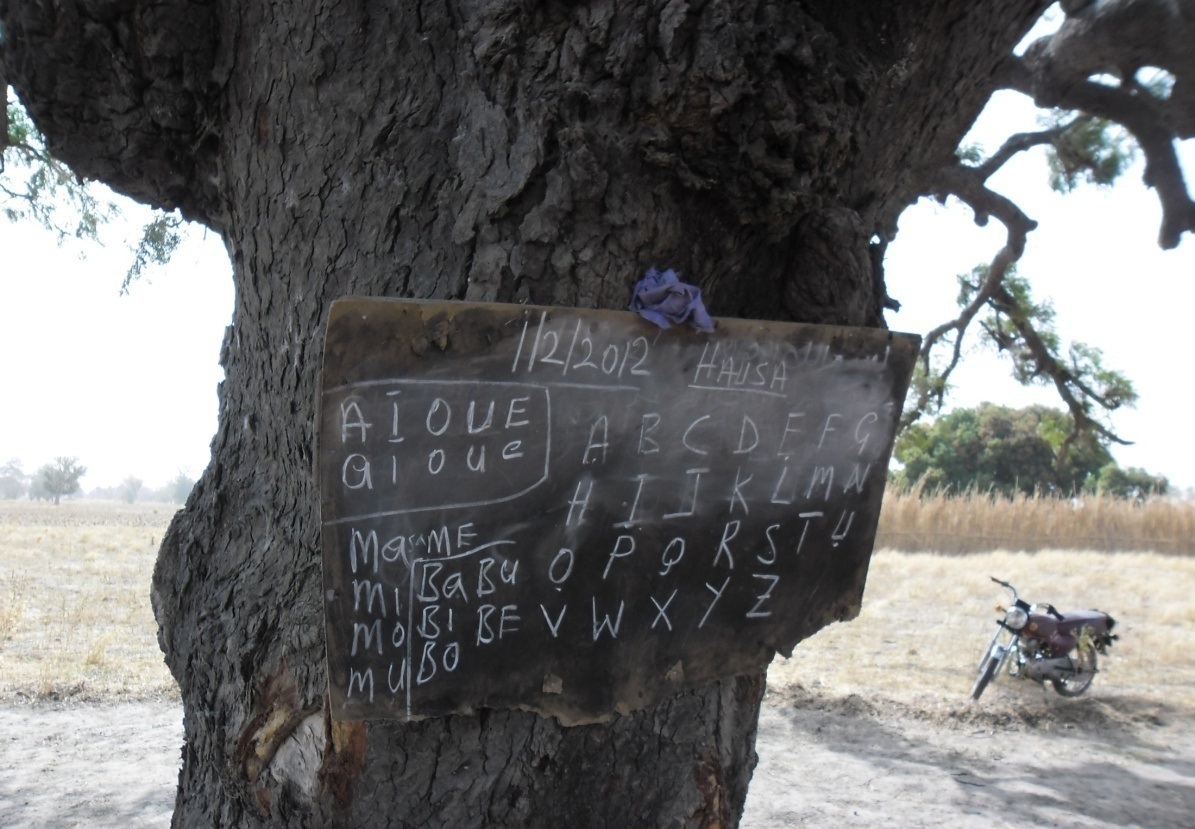Waziri Adio, the executive secretary of the Nigeria Extractive Industry Transparency Initiative (NEITI), says the country should amend its constitution to allow for savings in and out the time of plenty.
Speaking in an interview with Arise TV, Adio said the law of the land does not allow for savings, as much as it should, stating that Angola saves the equivalent 100,000 barrels of oil on a daily basis.
He said Nigeria saw $201 billion enter the excess crude account as savings, but the country spent $204.7 billion dollars, amounting to no savings at all.
“If we had saved a portion of that, let’s say we saved 25 percent of the that, by the time crude oil prices started falling, we would have had about $50.3 billion in excess crude account alone. This is the time to look back and see where we got it wrong and how to set it right,” he said.
Advertisement
“We have $3.9 billion now, which belongs to the three tiers of government. We are not saying we shouldn’t spend, when you are in a recession you need to spend your way out. But it is better to spend your savings than to go borrowing, or to be vulnerable to an economic meltdown.
“We are not against spending. That is why I said if we have saved a portion of what we made over time. When the prices were high, we were not saving enough, we were putting money aside but we were also sharing.
“Of course, there are some constitutional challenges, they are infrastructural challenges, some developmental challenges, and all kind of challenges, but we need to get this into our system that it makes sense to save.
Advertisement

“Especially when you depend largely on revenue from natural resources, whose prices always fluctuate, you have to save for the times when the prices are low. What we’ve done as a country is that when the prices are high, we get carried away and we just blow it.”
Proferring solutions to Nigeria’s saving malady, Adio said Nigeria should learn from Angola, one of the leading oil producers in Africa and commit to a constitutionally-backed savings culture.
“The first thing we need to do is that we actually have three schemes; the 0.5% stabilisation fund is covered by a decree, but it is limited. The excess crude account is also covered by the fiscal responsibility act of 2007, which is also limited.
“But we have a model in the Nigeria Sovereign Investment Authority act of 2011, which says you can actually save and we have three savings in the NSIA; we have the future generation fund, the Nigerian infrastructure fund stabilisation fund.
Advertisement
“The stabilisation fund is the one you can use when there is a shortfall in revenue. The good thing about this is that the future generation fund is 40%, the infrastructure fund is 40%, it is only 20% that is the stabilisation fund, unlike the ECA that is just opened to be spent.
“There is a challenge; we have a constitution that says that all money federally collected according to section 162 of the constitution must be spent. Even when the federal government says we should save for the future, the governors will say, why are we saving? It is already rainy, you want us to save for the rainy day. If you say no, we have to say, they will say it is unconstitutional, they’ve gone to the supreme court a number of times.
“That is why one of the recommendations we are making is that we need to (1) go to the supreme court and resolve the cases around the excess crude account; (2) we need to amend section 162 of the constitution to allow for the possibility of savings. The other one we also advocated is that we have to save whether the prices are high or low.
“What we say now is that anything that is above the benchmark price is what we would safe, but you have a country like Angola, Angola saves 100,000 barrels per day, whether the prices are high or low.”
Advertisement
Add a comment







